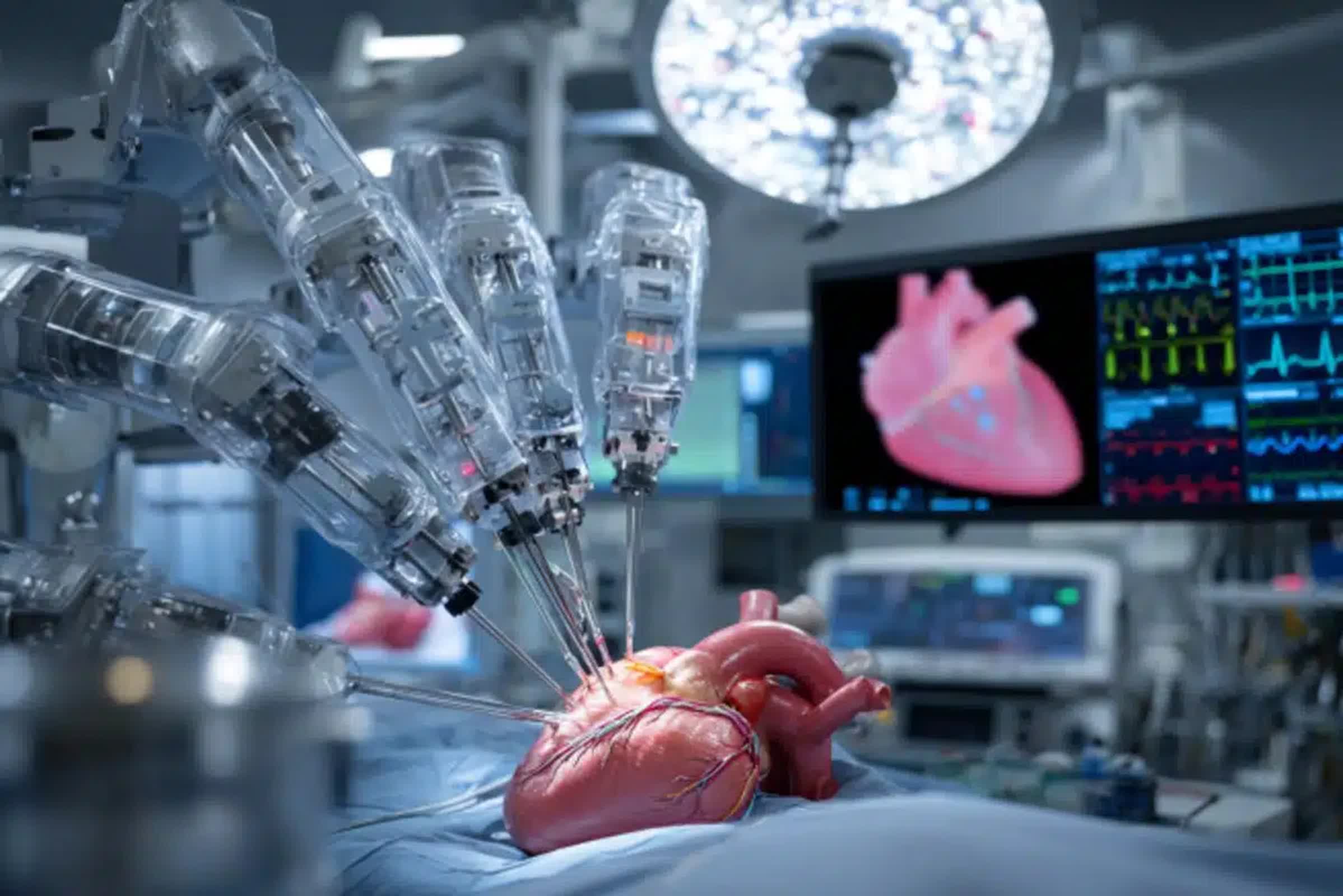Serving tech enthusiasts for over 25 years.
TechSpot means tech analysis and advice you can trust.
What just happened? Surgeons at Baylor St. Luke's Medical Center in Houston have performed the nation's first fully robotic heart transplant, a milestone in American medicine. Completed in March, the procedure marks a significant leap in robotic cardiac surgery and offers new hope for patients with advanced heart failure.
The patient, a 45-year-old man hospitalized for months with severe heart failure, became the first in the United States to receive a heart transplant using a minimally invasive, robot-assisted technique. Unlike traditional transplants that require splitting the breastbone to open the chest, this procedure uses a sophisticated surgical robot to make a series of small, precise incisions. Through these openings, the team removed the failing heart and implanted the donor organ while preserving the patient's chest wall.
Dr. Kenneth Liao, the lead surgeon and a pioneer in robotic cardiac procedures, explained the benefits of avoiding a large chest incision. By minimizing surgical trauma, the robotic approach speeds wound healing and recovery, which is especially important for patients on immunosuppressants. It also lowers the risk of infection and helps patients regain mobility and respiratory function more quickly.

The breakthrough stems from the robotic system's precision and flexibility. Controlled from a console, its articulated arms move in ways human hands cannot, enabling delicate dissection and suturing in tight spaces.
During the transplant, surgeons accessed the heart through the preperitoneal space, avoiding the need to cut through bone. The approach reduces pain, blood loss, and the need for transfusions - an essential benefit for transplant patients who must carefully manage their immune response.
For the patient, the results were dramatic. He spent about a month recovering in the hospital before his doctors discharged him without complications.
Hospital leaders and medical staff hailed the operation as a milestone that could transform heart transplantation. Experts say wider adoption of robotic systems could offer more patients less invasive surgeries, faster recoveries, and fewer complications. Dr. Todd Rosengart, chair of Baylor's Michael E. DeBakey Department of Surgery, called the procedure "a giant step forward" in making even the most challenging surgeries safer.
Image credit: Neuroscience News








 English (US) ·
English (US) ·